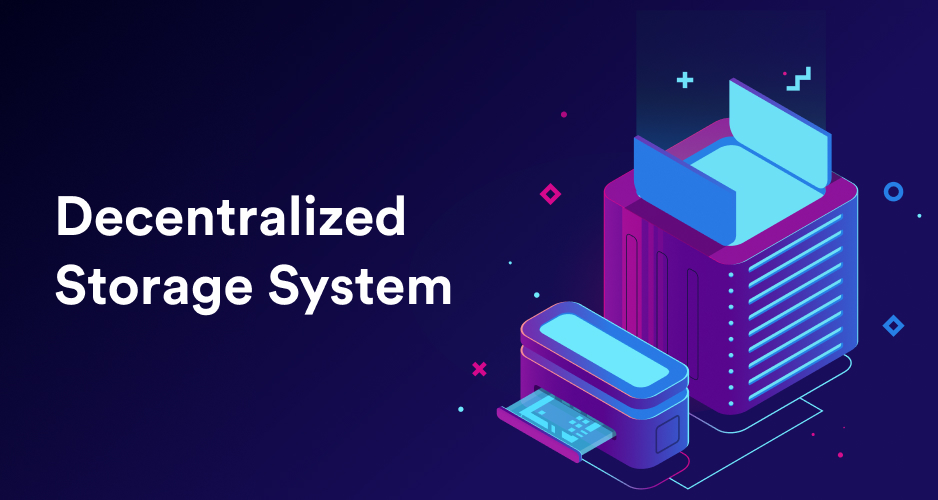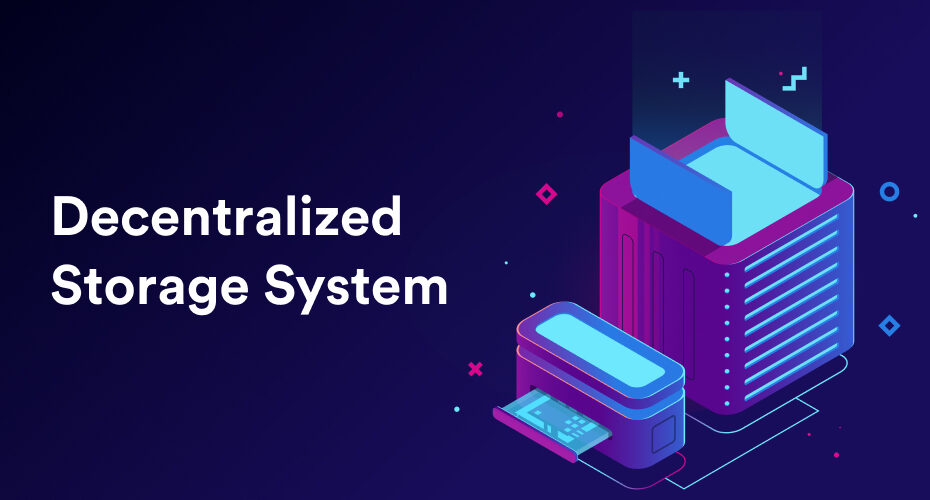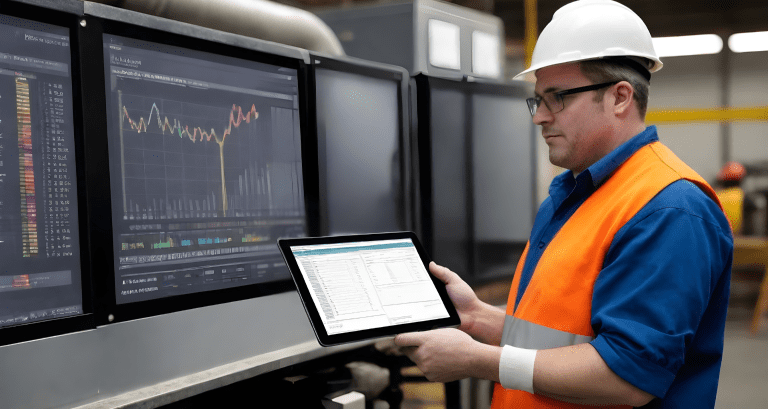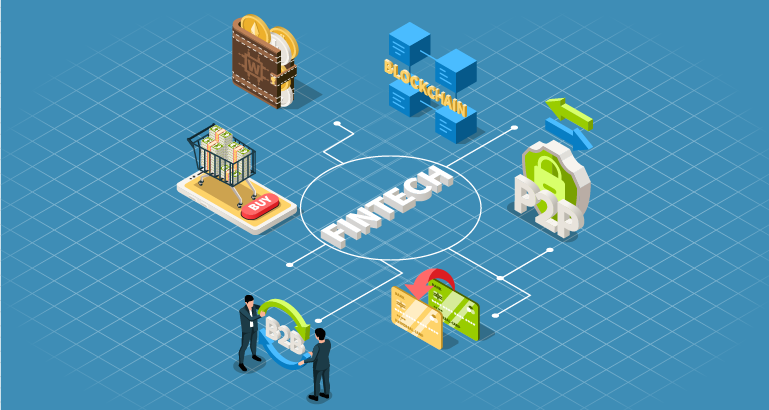Nu10 Insights
Practitioners/Doctors
Decentralized storage system
Want to Discuss more?

The concept of decentralized storage systems dates back to the 1990s, with the development of peer-to-peer (P2P) networks and file-sharing systems. However, the first decentralized storage platform, MaidSafe, was launched in 2006. Over the past decade, the development of blockchain technology and decentralized systems has led to a growing interest in decentralized storage solutions, with numerous platforms and projects emerging in this space.
What is a decentralized storage system?
A decentralized storage system is a type of data storage system where data is stored across a network of nodes, as opposed to being stored in a centralized location such as a data center. In a decentralized system, data is distributed across multiple nodes, allowing for improved reliability, security, and scalability compared to traditional centralized storage systems. This also means that there is no single point of failure, as data can be retrieved from other nodes in the network if one node goes offline. Decentralized storage systems are often used in decentralized applications and blockchain networks.
Role of the decentralized storage system in web3?
In the context of web3, decentralized storage systems play a critical role in enabling a new, decentralized Internet. Web3 refers to a vision for the future of the Internet where users have more control over their data and applications are built on decentralized infrastructure. Decentralized storage systems are a key component of this vision, as they provide a secure, reliable, and censorship-resistant way to store data and applications.
By removing the need for centralized data storage, web3 applications can provide users with greater privacy, security, and control over their data. Decentralized storage systems also help to create a more open and transparent Internet, as they allow for the creation of decentralized applications that are not controlled by any single entity.
Overall, decentralized storage systems are a critical component of the web3 ecosystem, as they provide the foundation for a new, decentralized Internet where users have more control and ownership over their data.
How does a decentralized storage system work?
- A decentralized storage system in a blockchain network operates by storing data across multiple nodes in the network, rather than a central server.
- In a blockchain-based decentralized storage system, each node in the network holds a copy of the data and the network collectively ensures its availability and reliability.
- When data is stored, it is encrypted and divided into smaller chunks, known as blocks, which are then distributed across the network.
- The blockchain technology used in decentralized storage systems provides a secure and transparent way of tracking data ownership and ensuring data integrity.
- Each block in the chain contains a cryptographic hash of the previous block, forming a secure chain of blocks that cannot be altered or deleted.
- Transactions that add or modify data are verified and confirmed by network participants, and the confirmed data is added to the blockchain as a new block.
This decentralized approach provides several advantages over centralized storage systems, such as improved security, increased reliability, and resistance to data censorship. In a decentralized storage system, there is no single point of failure, as data is stored across multiple nodes, and the system can continue to operate even if some nodes fail. Additionally, as the data is stored across a decentralized network, there is no central authority that can control or censor the stored data.
Features of a decentralized storage system
-
Distributed architecture:
The data is stored across multiple nodes in a network, reducing the risk of data loss and increasing reliability. -
Decentralized control:
There is no single point of control, which increases resistance to censorship, tampering, and data breaches. -
Peer-to-peer communication:
Data transfers occur directly between nodes, removing the need for a central authority. -
Cryptographic security:
Data is encrypted and hashed to ensure the privacy and integrity of stored information. -
Economic incentives:
Some decentralized storage systems offer monetary rewards to users who contribute storage and bandwidth to the network. -
Adaptive replication
The data is replicated across multiple nodes to ensure high availability, with the number of replicas dynamically adjusted based on demand. -
Dynamic data management:
Data is dynamically distributed across nodes based on factors such as node availability, load, and network conditions.
Some of the popular decentralized storage system
There are several popular decentralized storage systems, these decentralized storage systems are still evolving and new solutions may emerge in the future:
-
InterPlanetary File System (IPFS):
A peer-to-peer hypermedia protocol designed to make the web faster, safer, and more open. -
Storj:
A decentralized cloud storage platform that uses blockchain technology and end-to-end encryption to secure files. -
Filecoin:
A decentralized storage network that uses a market-driven mechanism to incentivize storage providers to contribute disk space to the network. -
MaidSafe:
A decentralized data management platform that aims to provide a secure and private alternative to centralized cloud storage. -
Sia:
A decentralized storage platform that allows users to rent out their unused hard drive space in exchange for cryptocurrency. -
Fluree:
A decentralized data management platform that combines a distributed ledger with a graph database to provide a secure and scalable storage solution for applications.
Conclusion
With the rise of blockchain technology, decentralized storage systems are becoming increasingly popular, offering a new way for individuals and organizations to store their data without relying on centralized servers and intermediaries. The technology is still in its early stages, and there are challenges to be addressed, such as scalability, interoperability, and regulatory hurdles. Nevertheless, the future of decentralized storage looks promising, and it will be interesting to see how it evolves and impacts the storage industry in the coming years. If you are looking for a decentralized storage solution for your business, Nu10 would love to collaborate and help u achieve your goals. We have hands-on experience in developing enterprise-centric solutions.
About Author
Gururaj Potnis
Gururaj Potnis – has 18 years of experience in various entrepreneurial ventures at Erasmic Consulting, Manthan and Idea Bubbles. Gururaj is an alumnus of Indian Institute of Management Calcutta and Indian Institute of Technology Delhi









